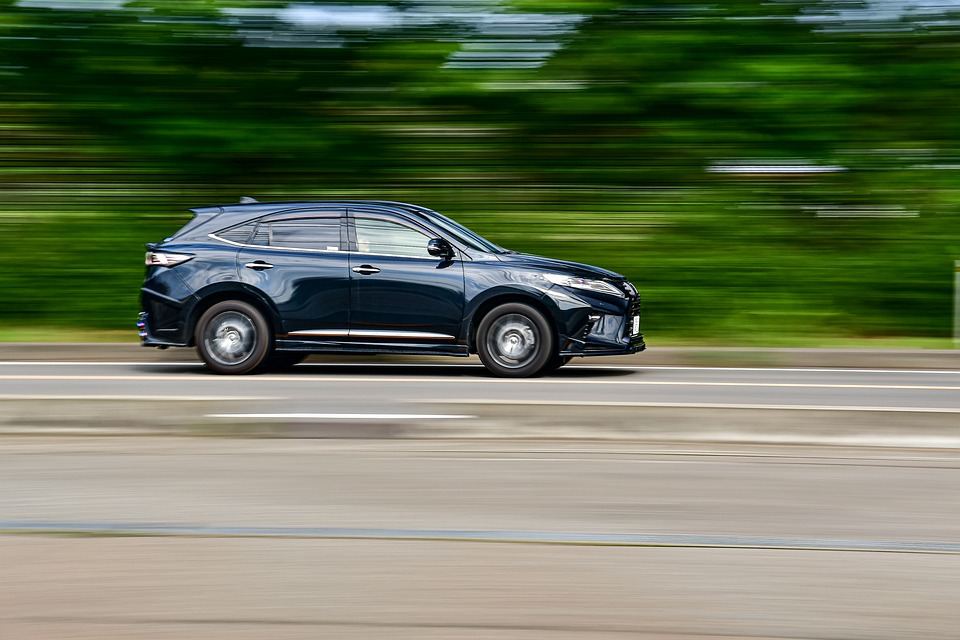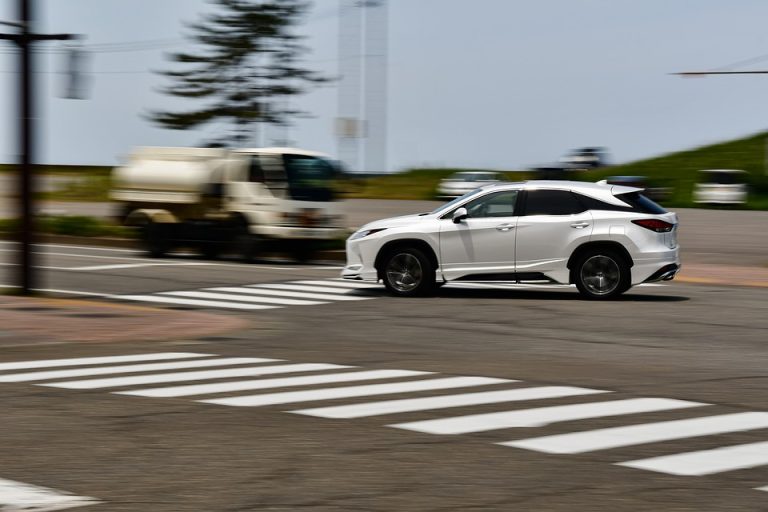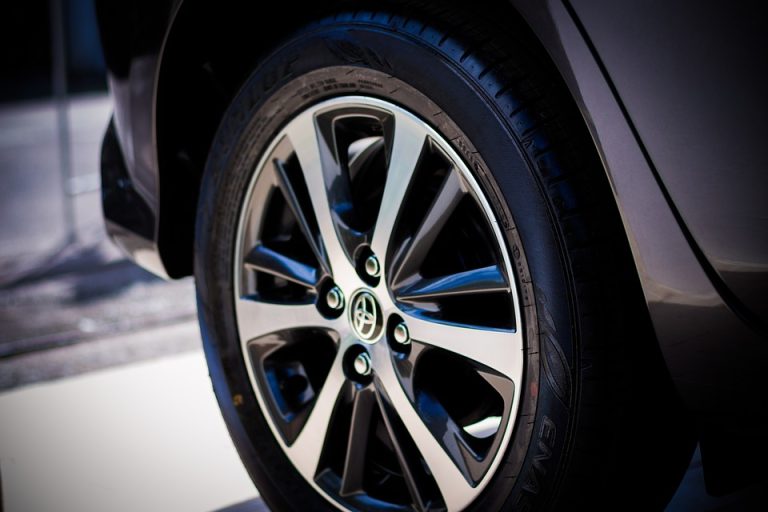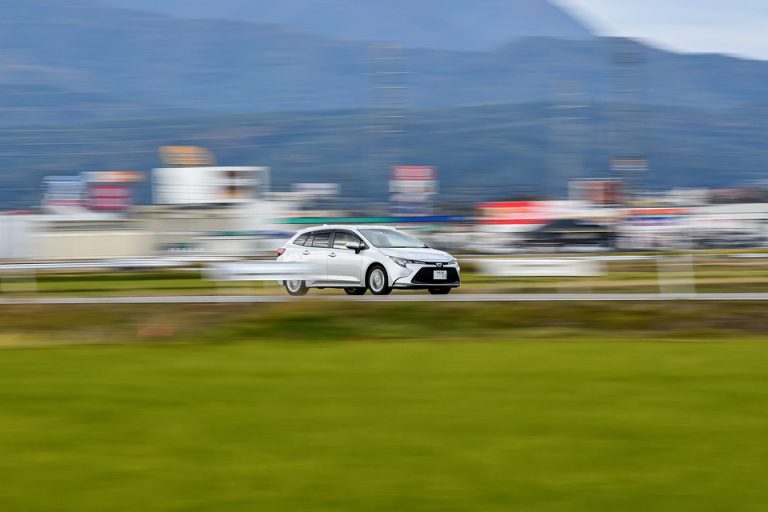Maximizing Your 2003 Toyota Camry Gas Mileage
[ad_1]
In this article, we will discuss the best ways to maximize the gas mileage of your 2003 Toyota Camry. Whether you use your car for daily commuting or for long road trips, improving your fuel efficiency can save you money and reduce your environmental impact. We will cover a range of tips and techniques that are easy to implement and can help you get the most out of every gallon of gas.
How can I improve my driving habits to maximize gas mileage?
One of the most effective ways to improve gas mileage is to adjust your driving habits. Avoid quick acceleration and heavy braking, as these can significantly decrease fuel efficiency. Instead, practice smooth and steady driving, and use cruise control on highways to maintain a consistent speed. Additionally, try to anticipate stops and slow downs to minimize the need for sudden changes in speed. By making these adjustments, you can improve your 2003 Toyota Camry’s gas mileage and also promote safer driving habits.
Furthermore, it’s also important to avoid excessive idling. If you anticipate being parked for more than a minute, it’s best to turn off the engine to conserve fuel. Additionally, reducing the use of air conditioning and other accessories can also contribute to better gas mileage.
Do regular maintenance and servicing affect gas mileage?
Yes, regular maintenance and servicing can have a significant impact on your car’s gas mileage. It’s important to keep up with routine maintenance such as oil changes, air filter replacements, and tire rotations. Dirty or clogged air filters can restrict airflow to the engine, leading to decreased fuel efficiency. Likewise, under-inflated tires can increase rolling resistance, causing the car to use more fuel to maintain speed. By staying on top of maintenance and addressing any issues promptly, you can ensure that your 2003 Toyota Camry is operating at its most efficient.
Are there any modifications I can make to my 2003 Toyota Camry to improve gas mileage?
While there are no major modifications that can dramatically improve gas mileage, there are some minor adjustments you can make to enhance fuel efficiency. For example, installing a more aerodynamic front grille or adding a rear spoiler can reduce air drag and improve gas mileage. Additionally, using lighter wheels and tires can decrease the rotational mass, allowing the car to use less energy to maintain speed. However, it’s important to consult with a professional before making any modifications, as certain changes may affect the car’s performance and safety.
What are the benefits of using the recommended fuel and oil for my 2003 Toyota Camry?
Using the recommended fuel and oil for your 2003 Toyota Camry can positively impact gas mileage and overall performance. The proper fuel octane rating can ensure optimal combustion, leading to better fuel efficiency. Similarly, using the recommended oil viscosity can reduce friction in the engine, allowing for smoother operation and improved gas mileage. It’s essential to follow the manufacturer’s guidelines for fuel and oil to maintain your car’s longevity and efficiency.
How does the weight in the car affect gas mileage?
The weight of the car and its contents can have a direct impact on gas mileage. Carrying unnecessary items in the trunk or on the roof can increase the vehicle’s weight and aerodynamic drag, causing higher fuel consumption. By removing excess weight and cargo, you can improve gas mileage and reduce the strain on your 2003 Toyota Camry. Additionally, removing roof racks and attachments when not in use can also contribute to better fuel efficiency.
Conclusion
Maximizing the gas mileage of your 2003 Toyota Camry is achievable through simple adjustments to your driving habits, regular maintenance and servicing, and mindful consideration of the car’s weight and accessories. By implementing the tips and techniques discussed in this article, you can improve fuel efficiency, save money, and reduce your environmental impact. Consistent attention to how you drive and maintain your car will ensure that you get the most out of every gallon of gas.
FAQs
Can using premium fuel improve gas mileage?
Using premium fuel can provide a marginal improvement in gas mileage for some vehicles, including the 2003 Toyota Camry. However, it’s important to check the owner’s manual to determine the recommended fuel type for your specific car. Using a higher octane fuel than necessary will not necessarily improve gas mileage and could result in unnecessary expense.
Will changing my driving habits really make a difference in gas mileage?
Yes, making simple adjustments to your driving habits can have a noticeable impact on gas mileage. Avoiding excessive acceleration and braking, anticipating stops, and maintaining a steady speed can all contribute to improved fuel efficiency for your 2003 Toyota Camry.
Are there any specific tire brands that can improve gas mileage?
While there are tire brands that prioritize fuel efficiency in their designs, the most critical factor for improving gas mileage is to maintain the correct tire pressure and ensure proper alignment and balance. Following the manufacturer’s guidelines for tire maintenance is essential for optimizing fuel efficiency.
How often should I change the air filter to maximize gas mileage?
It’s recommended to inspect and replace the air filter in your 2003 Toyota Camry according to the car’s maintenance schedule. A dirty or clogged air filter can restrict airflow to the engine, leading to decreased fuel efficiency. Regular air filter replacements will contribute to better gas mileage and overall performance.
Do hybrid technologies offer better gas mileage than traditional gasoline engines?
Hybrid cars, including those with Toyota’s Hybrid Synergy Drive, are designed to offer improved fuel efficiency compared to traditional gasoline engines. The combination of electric power and a gasoline engine allows hybrids to achieve higher gas mileage and lower emissions. However, implementing the driving habits and maintenance tips discussed in this article can still benefit hybrid vehicles.
[ad_2]







